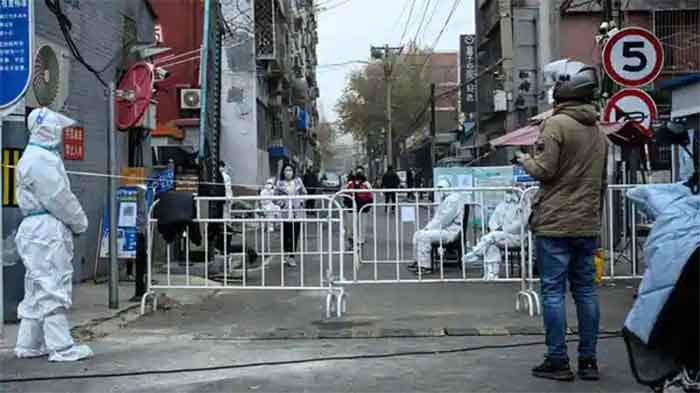
We are more than a year and half into the pandemic and this momentous time period has laid bare our vulnerabilities as a global society. The way coronavirus disease has been fought, has brought an enormous shift in our lives. Pandemic protocols, restrictions and lockdowns gave us a glimpse of the world suspended in time. The pandemic is far from over and no one knows how the glass might fall. But the world can’t be shut forever and as the world opens up, it’s time to look back at things we have learnt about ourselves.
For the millennials, lockdown was a new word. For them the world could never be shut and that too at the hands of a virus was off limits. Despite this, what was probably most striking was the degree of adherence to lockdown restrictions, especially in the western world. Barring a few exceptions, like Sweden, most nations were quick to lockdown their people. And countries which didn’t toe in line with the world agenda of lockdowns, were looked down upon as renegades. Suddenly it seemed that the western hemisphere which fiercely guards its civil liberties were going the other way. The people in these countries too complied without little resistance. Citizens of the liberal western democracies were unsettlingly servile and compliant. There was a behavioral shift, the governments acted like a helicopter parent eager to micro manage their subjects. Whether this means the beginning of the end of liberal world order remains to be seen.
The role of China in starting the pandemic has been widely highlighted but it’s role in providing PPE kits, masks etc. to the world, during the time of dire need found little mention. Thus, it emerged that the world cannot do without China. Instead of blatantly criticizing China, the need is to accept our dependence on Chinese goods. Besides this, the pandemic began as a Chinese story, but it narrated an American tale. The health infrastructure of the US was inadequate to handle the Covid toll, it crumbled like a pack of cards. A superpower looked no different from any third world country – desperately helpless. On the contrary China was the quickest in the world to contain the virus.
As nations tried to cope with the onslaught of the disease, a class distinction emerged among the workforce of the nations. Those who could work from home and those who had to go out to work. The pandemic clearly distinguished between essentials and the non-essentials. The ones doing the zoom meetings were the non-essentials. The working class was clearly the winner- they were the essential one.
During these difficult times the world seemed divided and intolerant. Countries were quick to close borders, within countries also each state wanted to safeguard only their immediate citizens. It was the other who was seen as sinful and responsible for spreading the virus and I/we per se had no sin. This distrust of the other has been further accentuated with the talk of vaccination passports.
The ray of hope in these strange times was the inherent goodness in most of the human kind. Even when fear and anxiety was the dominant flavor, many of us discovered our hidden reservoirs of compassion, love and empathy. People helped each other, neighbors were no longer strangers, families came closer to each other, medical fraternity clocked endless hours to save lives, essential service providers risked their own lives and continued serving humanity.
The unprecedented surge of coronavirus across the world shows that mankind is only at the beginning of understanding viruses. As the vaccination drives’ gain momentum around the world, amidst doubts about their efficacy and mistrust amongst the public with regard to the vaccines, the pandemic is far from over. Probably, we still have to ride some more waves of the virus. On this wavy Covid journey we may end up learning to live with the uncertainty and realize that life is many times lived in muddy waters. More importantly, we should appreciate and celebrate our connectedness and interdependence as human race.
Whether the ongoing pandemic is a milestone in itself or a part of the bigger story, only time will tell. In all, the Covid pandemic has been a mixed blessing. Quoting from Charles Dickens’ ‘A Tale of Two Cities’, “It was the best of times, it was the worst of times, it was the age of wisdom, it was the age of foolishness, it was the epoch of belief, it was the epoch of incredulity, it was the season of light, it was the season of darkness, it was the spring of hope, it was the winter of despair, we had everything before us, we had nothing before us, we were all going to heaven, we were all going direct the other way…”.
Livneet Shergill, Ph.D. in Economics. Works as an Independent Researcher, who chooses to be a free agent, for better or for worse.
GET COUNTERCURRENTS DAILY NEWSLETTER STRAIGHT TO YOUR INBOX














































